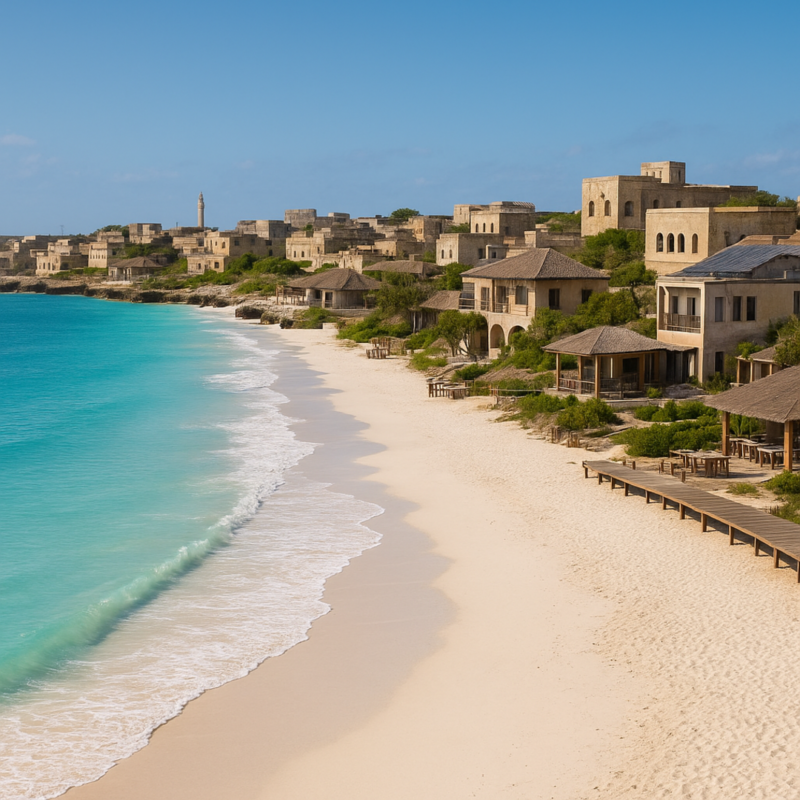Kenyan miraa (khat) farmers have announced suspension of exports to Somalia citing differences in pricing.
The suspension is a significant development, given the economic importance of this trade for both countries.
Miraa is a key cash crop for Kenyan farmers, particularly in regions like Meru, while Somalia is one of the largest markets for the product.
The dispute over pricing highlights the tensions between farmers, exporters, and market dynamics.
Price Dispute
Kenyan farmers are demanding $3 per kilogram and $1,550 per sack of miraa, which is significantly higher than what exporters are currently offering. This has led to a standstill in trade.
Market Impact in Somalia
The suspension has already caused a slowdown in the Somali khat market. In Mogadishu, the price of khat can reach up to $50 per kilogram, indicating the high demand and profitability of the product in Somalia. However, exporters are unwilling to meet the farmers’ new pricing demands.
Economic Implications
– For Kenyan farmers, the suspension means a loss of income, as Somalia is a major export destination.
– For Somalia, the shortage of miraa could lead to price hikes and economic disruption, as the khat trade supports many livelihoods, from traders to consumers.
Government Role
The Kenyan government’s announcement of new prices for miraa seems to have triggered this conflict. It remains to be seen whether the government will intervene to mediate between farmers and exporters or if market forces will resolve the issue.
Long-Term Concerns
This dispute underscores the vulnerability of the miraa trade to price fluctuations and policy changes. Both countries may need to consider more sustainable solutions to stabilize the market and ensure fair compensation for farmers while maintaining affordability for consumers.
The situation is fluid, and further developments will depend on negotiations between stakeholders and potential government intervention.




